Human ashes litter Swiss countryside
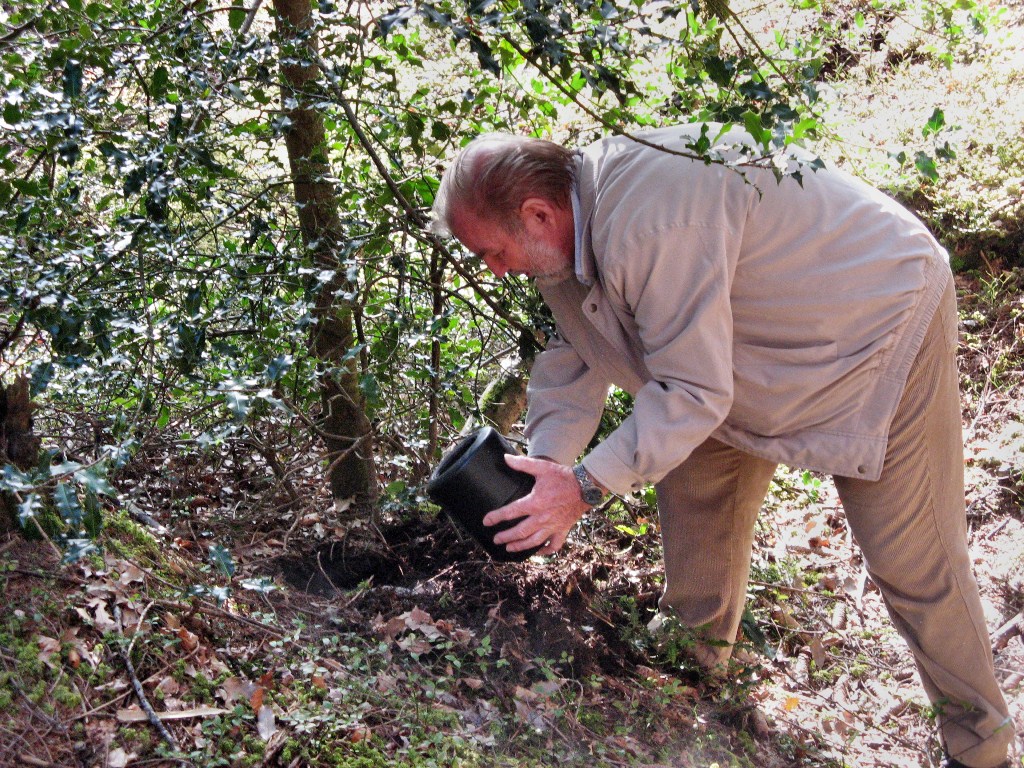
Not everybody wants to be buried in a cemetery. In Switzerland, you can have your ashes scattered to the wind, in a forest or over a glacier.
The liberal practice has resulted in entrepreneurs hawking some rather unusual services to people in other countries.
According to Ewiges Alpenglühn (Eternal Alpine Glow), a Swiss company that arranges open-air funerals, EU citizens can have their ashes buried or scattered in the Swiss countryside as there is no obligation to be buried in a cemetery.
Oase der Ewigkeit (Oasis of Eternity) in Grevenbroich near Dusseldorf promotes natural burials in Beatenberg in the Bernese Oberland.
“In the beautiful nature of the Swiss Alps, you can have your ashes or those of your relatives buried in a natural way. This is a reliable and lovely alternative to a cemetery in Germany or a burial at sea,” reads the company homepage.
Since April 2011, Oase der Ewigkeit has been distributing ashes in a 15,000
square-metre plot of forest that it bought for that purpose. The ashes can either be buried among the roots of a tree (€1,598 or SFr1,896) or scattered across the ground (€324). The clientele is mainly from Germany.
Manager Dietmar Kapelle says his business is doing well: “In the first two months we had 60 funerals. The year we expect about 125 without relatives and just as many with.”
The business seems to be working for the village on Lake Thun, too. “At the community meeting, a hotelier from Beatenberg declared that this May, usually a weak month, was the best it had been in a decade,” said Kapelle.
Funeral tourism
According to an article in the Swiss Berner Zeitung, not everyone is pleased with the development of what some call “funeral tourism”.
“That term bothers us a little,” said Kapelle. “But Switzerland relies heavily on tourism. And the relatives come as tourists, of course. A year later they come back to visit their deceased grandma and they stay for a week or two.”
Resentment against open-air burials emerged in canton Valais a few years ago. Commercial open-air undertaking services have been banned there since July 1, 2009.
In canton Bern, a court has convicted a German citizen of breaching cantonal forest laws. The professional undertaker is accused of burying human ashes in the forest without a permit. The case is still pending.
Back to nature
Open-air burials are nothing new in Switzerland. There have been “cemetery forests” since 1993, when Thurgau resident Ueli Sauter had the idea of burying ashes at the roots of the tree – thus creating “a living grave stone”.
Unlike typical Swiss cemetery plots, which are cleared after 25 years, a tree stays standing much longer. The cost is SFr5,000.
Friedwald is the largest company of its kind in Switzerland, with around 70 cemetery forests and more in the planning. Banned in Germany until a few years ago, open-air funerals are becoming more common there, too.
“The Bishops Conference used to be strictly against forest burials. Today, these forests are blessed. The church has embraced the idea so strongly that it will probably say it invented it in ten or 20 years,” said the 70-year-old pioneer.
No big business
Open-air burials are not a big business, says Sauter. His company generally does not bury the ashes of foreigners, except possibly from border areas like Constance.
Werner Wilhelm, president of the Swiss association of undertakers, agrees that open-air funerals are not a booming business.
“There is a certain desire to return to nature after death,” he said. However, he has not seen a major increase in recent years. He says that according to estimates, open-air funerals account for significantly less than ten per cent.
What is known is that 75 per cent of people are cremated. But what exactly happens to the ashes in Switzerland is unknown because the urn is handed to relatives. In Germany and Austria, the urn goes to a funeral home.
Effect on the eco-system?
In Switzerland, funeral services are governed locally. For commercial forest burials, the cantonal forest offices are responsible. The legal basis is federal forest laws dating back to 1991.
“It must be ensured that the forest is not harmed,” said Emmental forester Walter Marti.
“The forest must be freely accessible, no services can be performed, no
urns can be buried, and no grave stones, crosses or grave decorations placed. Only a 10×10 cm sign is allowed.”
Marti initially had trouble with the idea of forest burials, but now he understands people who say: “Why would we want to look at a grave for 30 years when our father or mother always loved sitting on this little bench in the woods?”
There was little local resistance when a new forest cemetery was approved in Sumiswald recently.
“Nothing happens to the forest. When a rabbit dies a natural death, the impact on the environment is greater than when half a bottle of ash comes along.”
Burial regulations vary from canton to canton and even from commune to commune.
The family of a deceased is also allowed to take the ashes of a cremated body home.
Citizens of a European Union country who wish to get an open-air burial in Switzerland have to formally notify the undertakers in the home country and in Switzerland of their intention.
The most common forms of open-air burials include scattering the ashes in the wind, on a meadow, a forest, a glacier, a brook, river or lake. Another known practice is burying the ashes next to the roots of a tree.
Undertakers carrying out countryside burials on a commercial basis need a licence from the cantonal forest authorities.
(Adapted from German by Susan Vogel-Misicka)

In compliance with the JTI standards
More: SWI swissinfo.ch certified by the Journalism Trust Initiative

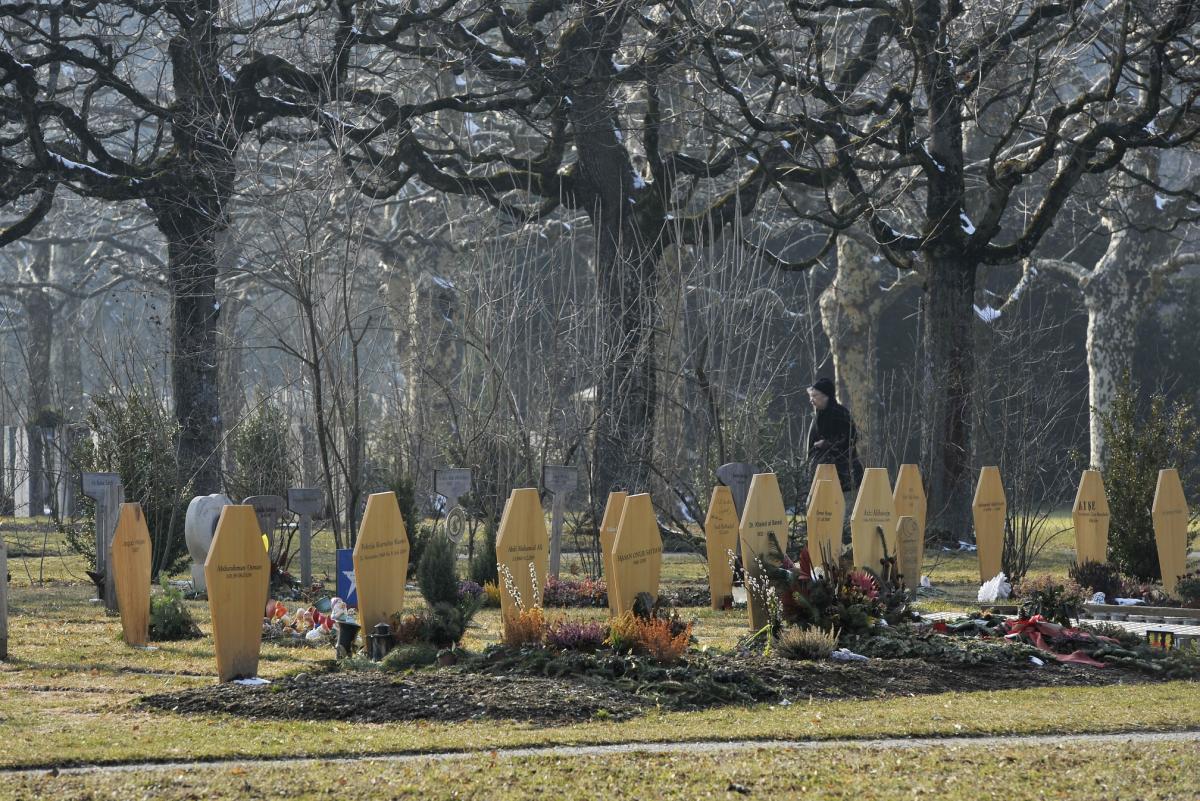
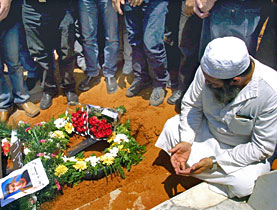

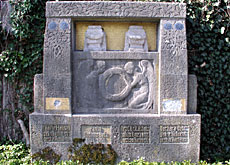
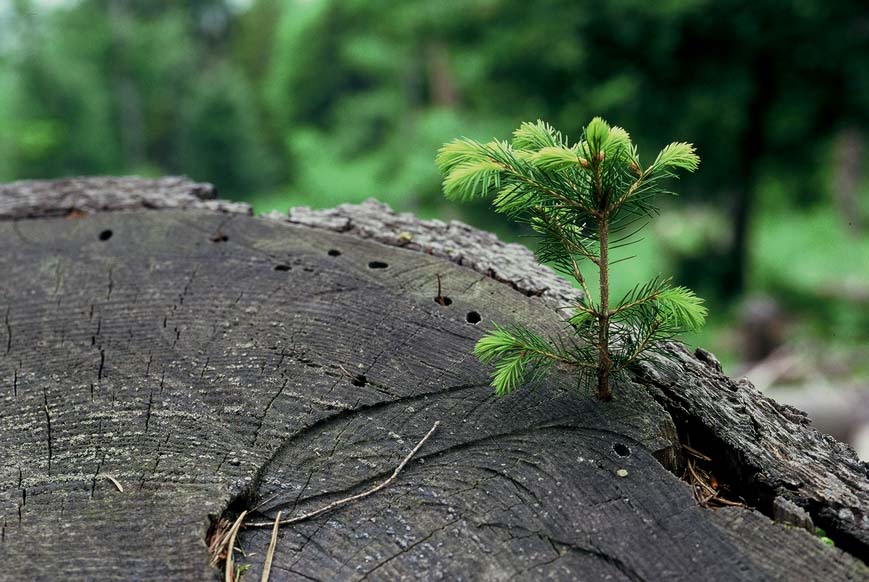
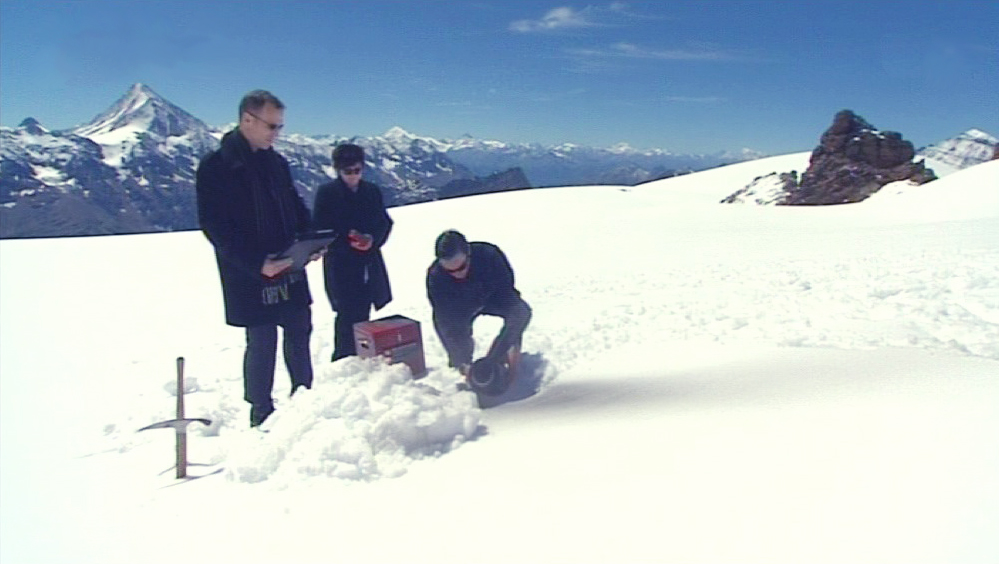
You can find an overview of ongoing debates with our journalists here. Please join us!
If you want to start a conversation about a topic raised in this article or want to report factual errors, email us at english@swissinfo.ch.